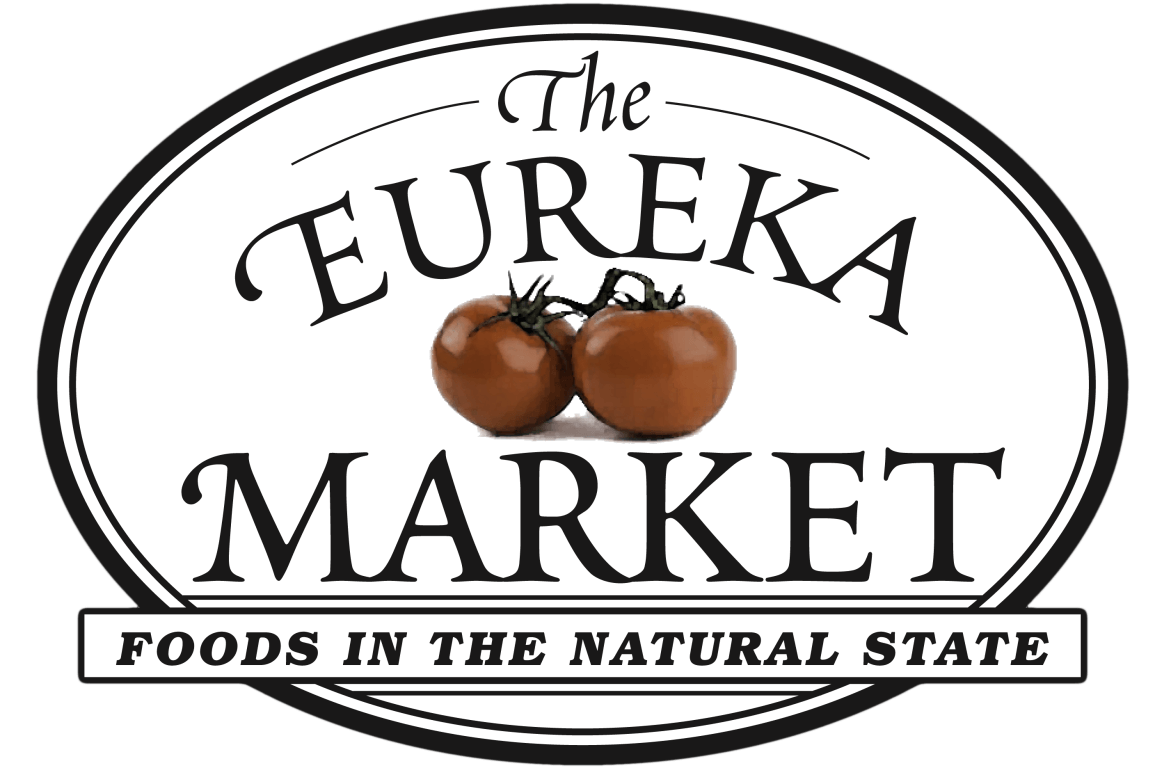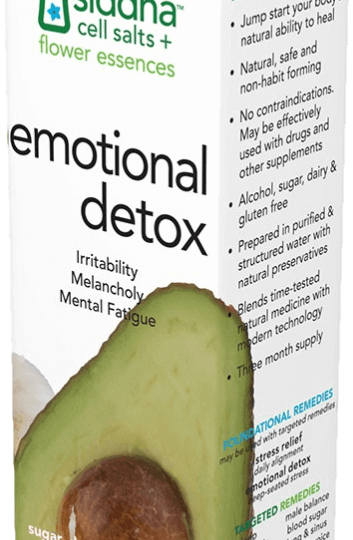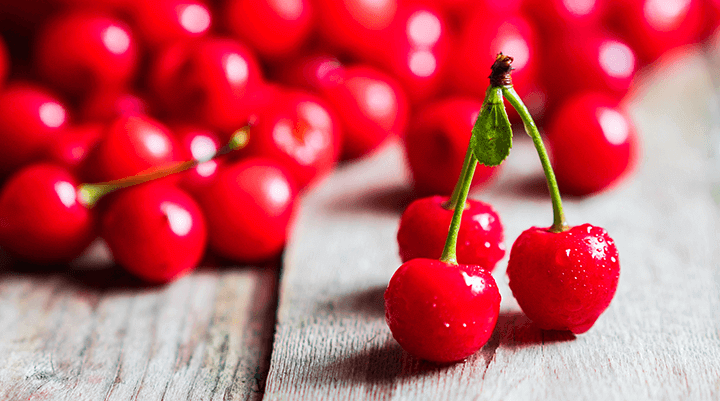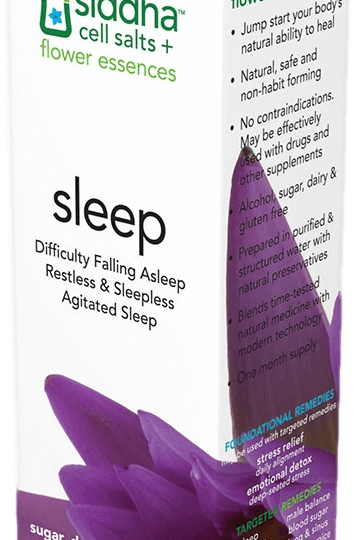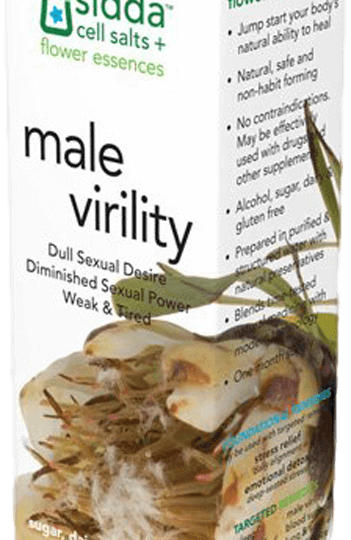Quercetin – Education Guide #147
Allergy Power House & Anti-inflammatory
Quercetin is a bioflavonoid (or flavonoid) which is found in fruits, vegetables and some flowers. Research has found that flavonoids have numerous beneficial characteristics including anti-allergic (calms histamine response), anti-inflammatory, antioxidant, anti-microbial and anti-fungal. Quercetin’s specific structure makes it one of the most powerful antioxidants available.
Sources include onions, dark berries, citrus fruit, apples, red wine and tea. Onions contain more of the micronutrient Quercetin than any other common fruit or vegetable.
Antihistamine Properties
Over-the-counter antihistamines reduce the symptoms of sneezing, itching and allergic reaction by blocking the immune system’s production of histamine. The blocking mechanism actually inhibits normal immune system function.
Conversely, Quercetin mitigates histamine response to environmental irritants by helping prevent the histamines from attaching to and irritating cell membranes. This process not only calms symptoms but supports the immune system as an antioxidant. The University of Maryland Medical Center reports that, in test tube studies, quercetin has even been shown to prevent the release of histamines.
Anti-inflammatory Properties
Inflammation has become a major contributor to health issues and diseases for a majority of people. Research has shown Quercetin to be a powerful anti-inflammatory. A report in the 2008 issue of the “Journal of Pre-Clinical and Clinical Research” states that Quercetin acts quickly within the body and can ease arthritis pain within two to three days (based on average dose of 750mg daily). Quercetin was also found to assist in reducing inflammation indicators in the blood, according to a 2008 study published in the medical journal “Metabolism”.
Quercetin’s anti-inflammatory capability also protects against blood clots through its histamine reduction.
Heart Health Support
Beyond Quercetin’s systemic anti-inflammatory help, research has shown powerful ability to protect the heart from cardiovascular disease. It has the ability to shield the heart from plaque buildup in the arteries, according to University of Maryland Medical Center research. The “Journal of Biological Chemistry” published a study in 2008 documenting Quercetin’s ability to repair inflamed/injured arteries without interfering with the healthy arteries.
Additional Benefits
Published in 2007, a study in the Journal of Nutrition indicated that Quercetin may:
- Help reduce high blood pressure
- Minimize stress on blood vessel walls
- Slow the formation of insulin-like growth factor, a contributor to the development of diabetes
- Help maintain normal blood sugar levels
- Be helpful in reducing prostate pain in nonbacterial prostatitis
As a specific site anti-inflammatory, Quercetin has been used to calm histamine response due to bug bites, bee stings and similar injuries.
(Note: A customer reported taking 3000mg of Quercetin when stung by a jelly fish and getting relief within 20 minutes.)
Dosage:
For general inflammation reduction and circulation improvement, most people have found 500mg twice a day beneficial.
For natural histamine reduction, 1000mg three times per day has been found effective.
Information Sources:
“Medical Herbalism – the Science and Practice of Herbal Medicine” by David Hoffmann, FNIMH, AHG
“Prescription for Natural Cures” by James Balch
“Prescription for Herbal Healing” by Phyllis A. Balch
All Eureka Market Education Guides are intended for educational purposes only. The guides are NOT intended to substitute for professional medical consultation and as such, do not diagnose, prescribe or offer personal medical advice. Always consult with your health care professional before taking supplements with prescription medications.
